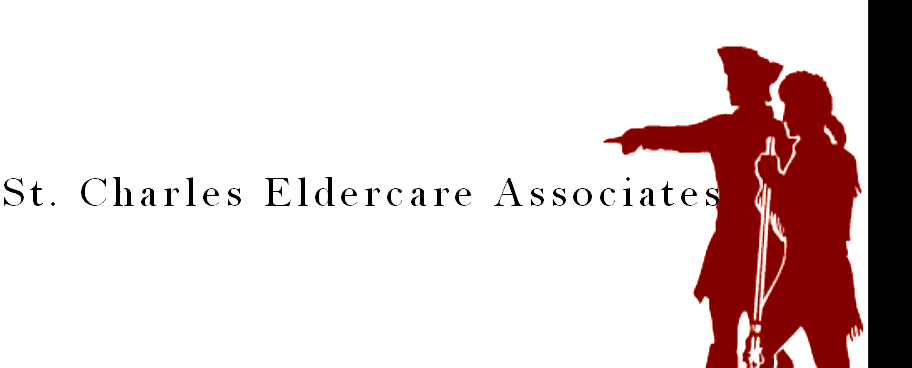| A | B | C | D | E-F | G-H | I | J-L | M-N | O-P | Q-R | S | T-Z |
A
Accelerated Death Benefit – A life insurance policy benefit that lets the insured person use some of the policy’s death benefit prior to death for purposes such as long-term care.
Activities of Daily Living (ADLs) – Everyday functions and activities that people usually do without help. These include dressing, eating, bathing, toileting, transferring and continence. Many insurance policies use the inability to perform a certain number of ADLs (such as 2 of 6) to determine eligibility for benefits.
Acute Care – The care provided for a medical condition from which a patient is expected to recover and resume a “normal” lifestyle, even though it may not be the same as before onset of the condition. Recovered patients usually do not require the assistance of another person in performing their normal activities of daily living. Medicare covers most acute care for patients age 65 and older.
Adult Day Care – Community-based care designed to meet the needs of functionally and/or cognitively impaired adults who, for their own safety and well-being, can no longer be left at home alone during the day. Adult day care facilities such as senior or community centers offer protected settings which are normally open weekdays during business hours and include a mixture of health, social and support services. Specialized programs for individuals with Alzheimer’s disease or related disorders also exist. Some facilities offer a wide range of therapeutic and rehabilitative activities as well as social activities, meals, and transportation.
Advance Directive for Health Care – Prepared ahead of time, a health care advance directive is a written document that says how you want medical decisions to be made if you lose the ability to make decisions for yourself. A health care advance directive may include a Living Will, a Durable Power of Attorney for Health Care or both. For more information, go to Living Will or Power of Attorney for Health Care, or take a look at the article Advance Directives, Living Wills, Powers of Attorney: What’s the Difference?
Alzheimer’s Disease – A progressive, degenerative form of dementia that affects brain functions, causing loss of short-term memory, the ability to reason, the ability to care for oneself and deterioration of language skills. While Alzheimer’s is currently not curable, several new medications can slow the rate of degeneration for many people. For more information, click on Alzheimers symptoms.
Ancillary Administration – A probate proceeding when a deceased person owned real estate in a state other than his or her legal domicile.
Annuitant – The person entitled to receive an annuity.
Annuity – A series of payments made periodically for a specific period of time. The payment amounts can be variable from payment-to-payment or fixed amounts. Many insurance companies sell a wide variety of annuity policies / contracts with payments that begin immediately upon purchase of the contract or are deferred until some time in the future. Some annuity contracts waive their surrender charges (early withdrawal penalties) in the event of a lengthy hospital stay, nursing home confinement, or terminal illness.
Area Agency on Aging (AAA) – A nationwide network of State and local programs that help older people plan and care for their life-long needs. Services include information and referral for in-home services, counseling, legal services, adult day care, skilled nursing care/therapy, transportation, personal care, respite care, nutrition and meals.
Assignment of Benefits – Long-term care insurance policy benefits are usually paid directly to the insured person. This policy provision allows the insured person (or his/her legal representative) to make arrangements to have all or a portion of the benefits paid directly to the provider or providers of their care.
Assisted Living Facility (ALF) – A residential living arrangement that provides meals, housekeeping, transportation, individualized personal care and health services for people who require assistance with activities of daily living. The types and sizes of facilities vary from a small home to a large apartment-style complex; individual units range from single rooms to multi-bedroom apartments. They also vary in the levels of care and services that can be provided. Assisted living facilities offer a way to maintain a relatively independent lifestyle and more privacy for people who don’t need the level of care provided by nursing homes. In most cases, assisted living residents pay a regular monthly rent for room and board, plus additional fees for the services they receive. For more information, click on Assisted Living.
Assistive Equipment – A range of products and technology designed to help elders or people with disabilities lead more independent lives. Examples include special telephones for people with hearing impairments, walking aids, elevated toilet seats, communication devices, etc. For more information, click on Equipment.
